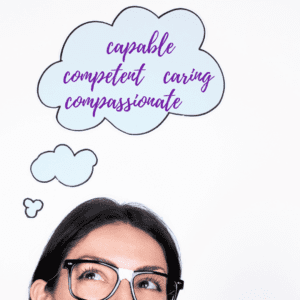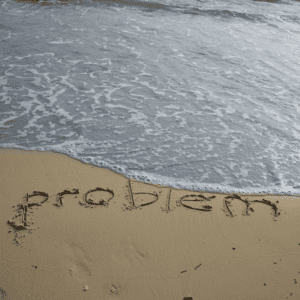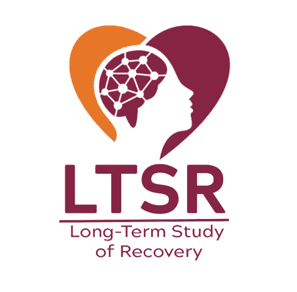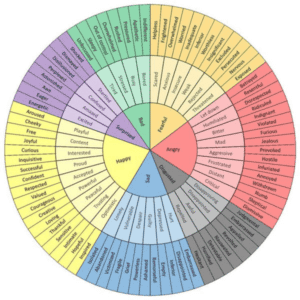Your cart is currently empty!

Monday Thoughts 10.31.22
“The world needs dreamers and the world needs doers. But above all, the world needs dreamers who do.” Sarah Ban Breathnach “Whatever you can do or dream you can, begin it. Boldness has genius, power and magic within it.” Goethe “Be brave and create the life of your dreams. Dare







